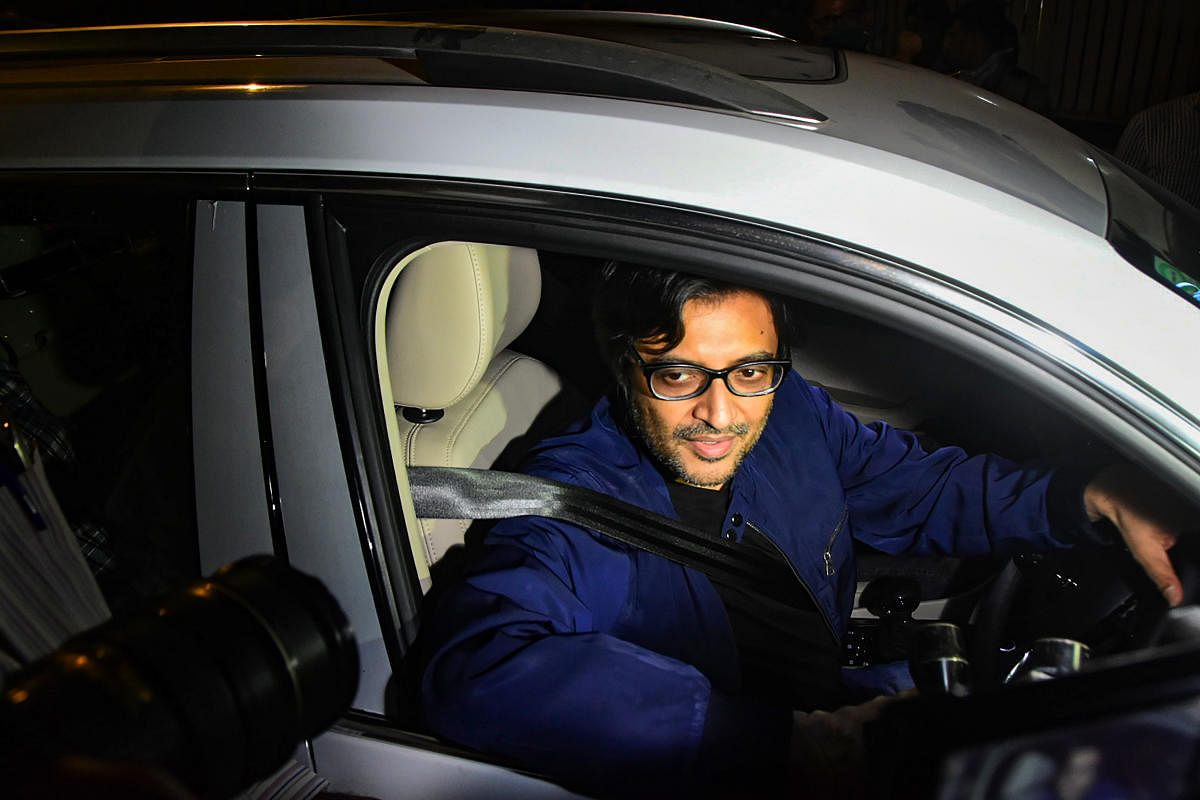
The contents and implications of the leaked WhatsApp messages exchanged between Republic TV Editor Arnab Goswami and former CEO of the Broadcast Audience Research Council (Barc) Partho Dasgupta go beyond the personal relationship between the two and the offence allegedly committed by them, which the Mumbai police is probing. They also go beyond the relationship between the government and the media and impinge strongly on issues relating to national security and confidentiality in government. The messages are part of a supplementary charge-sheet filed by the police against Barc and Republic TV and other channels over manipulation of television rating points (TRPs). Goswami is out on bail after being arrested in the case. Dasgupta is in judicial custody. The WhatsApp conversations show that the two lobbied with those in power over issues related to TV ratings and colluded to give Goswami’s channel an advantage.
What should cause concern is Goswami’s discussions about some issues and events of national importance, like the terrorist attack in Pulwama in which 40 CRPF personnel were killed and the retaliatory attack by the Indian Air Force on an alleged terror camp in Balakot some days later. Goswami’s response to the terrorist attack was that “we have won like crazy,’’ perhaps thinking of how his channel had gained. He also tells Dasgupta that “something big” would happen against Pakistan, that “it would be bigger than a normal strike” and done in such a way that “people will be elated,” repeating words as he had heard from someone in government. It is difficult to dismiss these words as a journalist’s speculation. The matter is presented in a manner that shows that he had advance knowledge of it all. He also seemed to know about the revocation of Article 370 in advance. The conversations also mention Goswami’s interactions with National Security Adviser Ajit Doval who, he says, called him to find out how he came to know about the Kashmir decisions.
This is a serious matter. It seems some of the most important decisions, actions and plans of the government, which would have been known to just a few people in its top echelons, were known to him before they were implemented, clearly pointing to the very cosy relationship he enjoys with those at the very top of this government. This is a major breach of national security and official secrecy, with huge implications. How and why did Goswami have access to the highest seat of decision-making, and who or what was his channel of communication? What would have been the consequences if, in some way, the information had leaked into the public realm? An independent and credible investigation into the matter is absolutely necessary to get at the truth.